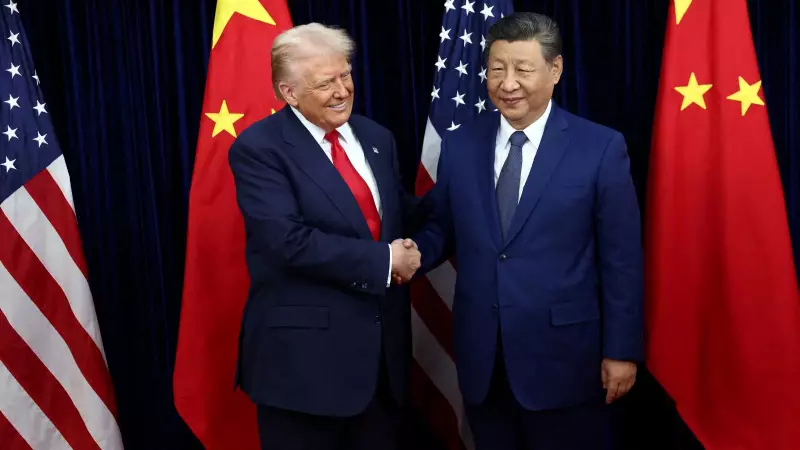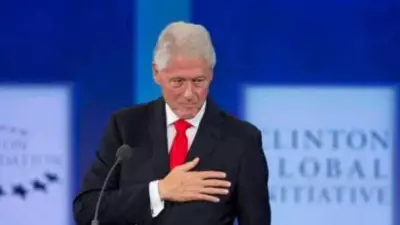
The recent telephone conversation between US President Donald Trump and Chinese President Xi Jinping has captured global attention, but seasoned analysts caution against reading too much into this diplomatic gesture. While the call represents the first high-level contact between the two leaders since trade tensions escalated, it appears to be more of a temporary de-escalation than a substantive resolution.
The Diplomatic Thaw: What Really Transpired
According to official statements from both sides, the discussion covered broad aspects of the bilateral relationship, with particular focus on trade and economic issues. President Trump characterized the conversation as "productive," while Chinese state media described it as an exchange of views on fundamental issues concerning the development of bilateral relations.
However, the absence of specific agreements or concrete announcements following the call suggests that both sides remain entrenched in their positions. The fundamental disagreements over trade practices, intellectual property protection, and market access that triggered the trade war remain largely unaddressed.
Behind the Diplomatic Smokescreen
Several factors indicate this might be more tactical maneuvering than genuine breakthrough:
- Economic Pressure: Both economies are feeling the strain of prolonged trade hostilities, creating incentive for temporary relief
- Political Timing: With elections and domestic political considerations on both sides, showing engagement serves political purposes
- Market Stability: Financial markets have reacted positively to any signs of reduced tensions, providing temporary economic relief
The Road Ahead: More Challenges Than Solutions
Experts point to several unresolved issues that continue to pose significant obstacles:
- Structural Reforms: US demands for fundamental changes to China's economic model remain unmet
- Technology Competition: Ongoing disputes over Huawei and technology transfer continue to simmer
- Implementation Gaps: Previous agreements have faltered during implementation phases
- Geopolitical Tensions: Broader strategic competition extends beyond trade issues
Global Implications of the Stalemate
The continuing uncertainty in US-China relations has far-reaching consequences for the global economy. International supply chains remain disrupted, investment decisions are delayed, and emerging markets face collateral damage from the economic fallout.
"While any communication between the two leaders is preferable to complete radio silence, we shouldn't mistake a phone call for a peace treaty," notes one Asian trade analyst who requested anonymity.
The world continues to watch closely as these economic superpowers navigate their complex relationship, with the next potential face-to-face meeting at the G20 summit likely being the next critical test of whether genuine progress is possible.





